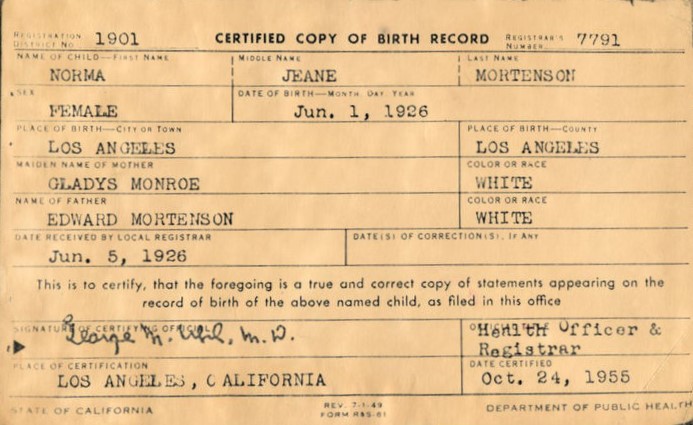
In the last 7 weeks since creating the Facebook page for my family history research firm Genealogists.com, I feel I have learned a few things about postings that I would like to share.
Since many (perhaps even most) of you have your own Facebook pages, please correct any of these learnings that you feel are not accurate and feel free to add anything. I welcome your feedback and appreciate the opportunity for us to learn from each other.
1. It is OK to repost a posting. Seems that a lot of readers do not scroll downon the page very far and have somewhat short memories as to what they haveread. As a case in point, I posted the following about a month ago:

Wereceived an overwhelming response. Lastweek, I reposted it and received even more likes and comments the second time.I made only slight changes and mentioned that it was a reposting.
2. People like to participate in the page so ask them questions. You don't needto know the answers to your questions, but it's OK if you do. Just don't tell readersthe answer until they have had ample time to discover it for themselves.Especially, ask questions that don't require research expertise to weigh in on.For example, I posted the following:
Again,we received an overwhelming response. Many continued to speculate even after several people had posted what wethought were definitive answers.

3. Itis OK, even preferred, if a professional researcher posts something on ourFacebook page. I know many FB admins areparanoid about postings from others, feeling that they might steal awayclients. Here is what FamilySearch usesto govern this situation, a policy that I have also adopted: "There willbe times where for-profit research aids will be posted. These “promotional”posts should be newsworthy and give valuable information to the members of thegroup. We just don't want it to be "blatant advertising." Here is an example of an acceptable post froma professional. It's surprising how manyadmins refused to post this.

4.Make sure that each posting does one of the following: Inspire, Inform,Involve, or Instruct. This has been called giving "eyes" to a message.
5. Usea graphic whenever possible in the post. It makes the page more viewer-friendlyand helps enhance the content on the page.
6. Polls need to be very skillfully crafted or else they simply do not workwell. I have posted a couple polls that produced very little reaction. However, Mocavo recently posted the followingpoll and received quite a few responses.

7. To post pdfs (such as record collections), you can use Scribd (http://www.scribd.com/).However, make sure the post clearly identifies that the link is to a pdf since mostviewers will be expecting it to be an html file and a pdf can take some time todownload.
8.Readership increases if you write a blog and post an intro to the blog on yoursite.

9. It is OK, actually much better than OK, to post helpful content on other people'sFacebook pages.
10. Don't be afraid to experiment and try new things, for example, differenttypes of posts or posts at different hours. Readers are hard to predict. Whatworks on one page, may not work on another. Sometimes people like content that theauthor believes verges on being slightly banal and sometimes a well craftedpost will go largely unread.
“We read to know we are not alone.”
C.S. Lewis




